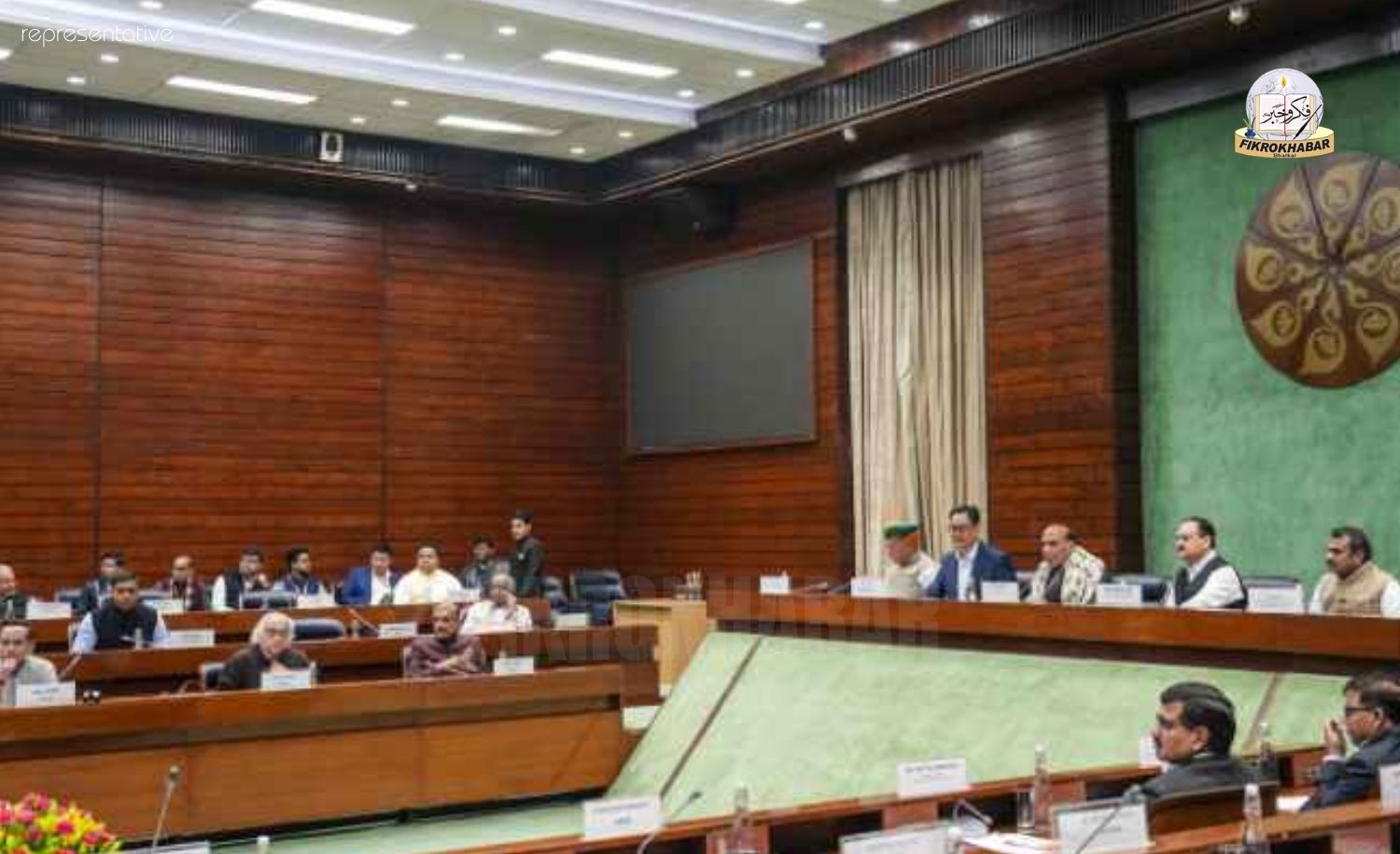Mizoram Passes Bill to Ban Begging, Focuses on Rehabilitation and Prevention

Aizawl, August 28 – The Mizoram Legislative Assembly has passed the Mizoram Prohibition of Begging Bill, 2025, marking a significant step towards banning begging in the state while also providing for the rehabilitation of those affected.
The bill, introduced by Social Welfare Minister Lal Renpoi, received the Cabinet’s approval earlier this week and was passed after thorough discussion by 13 members of the Assembly, including Chief Minister Zoramthanga.
Minister Lal Renpoi clarified that the objective of the bill is not only to restrict begging but also to offer sustainable alternatives and livelihood opportunities to individuals currently engaged in it. “Mizoram has historically had very few beggars due to the role played by churches, NGOs, and existing welfare schemes. However, we must act pre-emptively,” he said.
A key concern raised by the government is the potential increase in begging following the upcoming inauguration of the Sairang–Sihmoi railway head by Prime Minister Narendra Modi on September 13. Authorities fear that improved rail access could lead to an influx of beggars from other regions into the state.
To manage the situation, the bill proposes the formation of a State-Level Relief Board, which will oversee the law’s implementation. The board will establish receiving centres where beggars can be temporarily housed. Non-resident beggars will be sent back to their home states or cities within 24 hours.
According to a recent survey by the Social Welfare Department, Aizawl alone is home to more than 30,000 beggars, many of whom are non-locals.
Despite its intentions, the bill has sparked criticism from opposition members. They argue that criminalizing begging is inconsistent with Mizoram’s Christian ethos and humanitarian values. Critics suggest that the issue could be better handled through community-driven solutions and expanded social support systems, rather than through strict legislation.
The government, however, maintains that the law is a necessary preventive measure that balances control with compassion.



